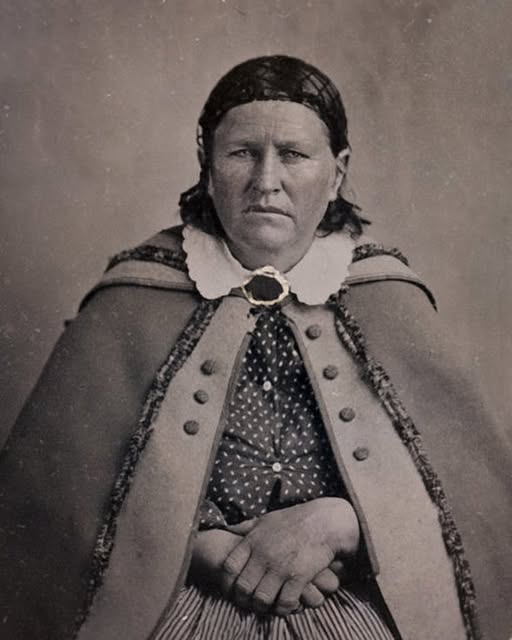Cynthia Ann Parker’s story is one of the most compelling and heartbreaking tales in American frontier history. Taken by Comanche warriors at a young age, she lived not as a captive, but as a beloved member of a Native American tribe. Her life challenges common narratives and sheds light on the complexity of identity, family, and cultural belonging.
Cynthia Ann Parker’s Capture by the Comanche
The Raid That Changed Everything
In 1836, nine-year-old Cynthia Ann Parker was abducted during a Comanche raid on her family’s Texas settlement. This event would mark the beginning of a transformative chapter in her life.
Life Begins Anew with the Comanche
Rather than remaining a prisoner, Cynthia was adopted into the tribe, given the name Naduah, and raised in the Comanche way. She learned the language, culture, and customs, becoming a respected member of the community.
A New Identity Forms
Cynthia fully embraced her new identity, living as a Comanche woman. She adapted so completely that she forgot how to speak English and no longer identified with her white heritage.
Cynthia Ann Parker’s Marriage and Family Life
Wife of Chief Peta Nocona
Cynthia married Peta Nocona, a prominent Comanche chief. Their union symbolized her full acceptance into the tribe and marked the beginning of a deeply rooted family life.
Mother of a Future Leader
Among her three children was Quanah Parker, who would grow up to become one of the most influential Comanche leaders of the 19th century. Her legacy would live on through him.
Living in Harmony
For over two decades, Cynthia lived peacefully with the Comanche, raising her children and contributing to tribal life. Her story during this period was one of belonging, not captivity.
The Return to White Society: Rescue or Tragedy?
The Forcible Return
In 1860, Texas Rangers raided her village and took Cynthia back to white society against her will. Authorities called it a “rescue,” but for Cynthia, it was a personal catastrophe.
A World No Longer Her Own
Back in white society, Cynthia was alienated. She had forgotten English, felt out of place, and mourned the loss of her husband, children, and cultural identity.
A Life of Silent Grief
Cynthia spent her remaining years longing to return to the Comanche. She tried repeatedly to go back but was never allowed. She died grieving both the life she had lost and the one she was denied.
The Enduring Legacy of Cynthia Ann Parker
A Symbol of Cultural Conflict
Cynthia’s life represents the painful intersection of two cultures during a time of violent expansion and indigenous resistance. Her story is a reminder of the personal toll such conflicts took on individuals.
Forgotten Voices of History
Her experience highlights how women’s stories—especially those shaped by war, identity, and forced choices—are often overlooked in traditional historical narratives.
The Lessons She Leaves Behind
Cynthia Ann Parker’s journey speaks to the enduring power of love, identity, and belonging. Her life challenges us to think more deeply about cultural assimilation, loss, and the human cost of conquest.
Keywords included for SEO: Cynthia Ann Parker, Comanche history, Quanah Parker, Texas frontier history, cultural identity, Native American stories, Comanche tribe, Peta Nocona, American West, indigenous history.
